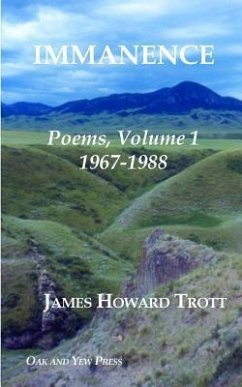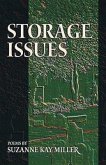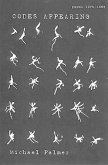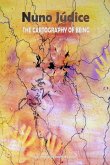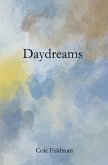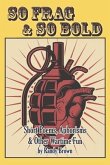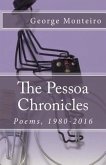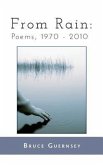This is the first selected collection of poetry of James Howard Trott, but not the first time his work has appeared in print. He and his wife, Roseann, put together an anthology of "Christian poetry in English from Caedmon to the mid-twentieth century" under the title A Sacrifice of Praise, published in 1999. An expanded edition came out in 2006. This door-stop of a book received favorable reviews in a number of circles, and was used as a literature text in several colleges. The poet also has published several chapbooks over the years, including "The Big Lights" and "Prisoner's Pardons", and a number of the poems in this collection first appeared in various periodicals. It was Marie von Ebner-Eschenbach who said "The manuscript in the drawer either rots or ripens." (Aphorisms, 1880) The poems in this collection range from 27 to 48 years old. In an age where computers are obsolete in two months, and the list of "good books" changes constantly, some readers may feel they are too old to be interesting, while others may agree with the poet that time has little effect on poetry, except in the sense von E.-E. indicated. This collection is titled Immanence, and the poetry is founded on the poet's conviction that revealed throughout or within all existence is something abiding, true, and worth knowing. The poems seem to have a wide range of subjects, from brief clips of everyday existence to dramatic events and panoramas. There are "nature poems" and "religious poems." The moods swing from calm contemplation to joy to almost raging, in a few. Some are light-hearted or worshipful. To locate these poems in a tradition, one might consider the poet's own professed favorites, the metaphysical John Donne, and the gnomic Emily Dickinson. Nor can the poet escape his geographical genealogy - so that Montana's wide spaces and New England's Frosty landscapes often show up as attitudes or settings. Finally, the poet is Christian in his professed faith, his concerns, and his perspectives. He seems to treat the biblical narrative as alive and true in the same way as his own experiences or the natural world. He is not seeking "truth" as a will-o-the-wisp or a mythical opponent, but as one looks for a person who may be found, who is immanent. Immanence is the title of the collection, but the first poem is "Imminence" (sic), and by the time one has read these poems, there can be no doubt but what the poet regards the one who is imminent to be the one who is immanent, that is Jesus the Christ. In order to complete the word list, we might suggest the poems gathered here also treat him as eminent.
Hinweis: Dieser Artikel kann nur an eine deutsche Lieferadresse ausgeliefert werden.
Hinweis: Dieser Artikel kann nur an eine deutsche Lieferadresse ausgeliefert werden.

